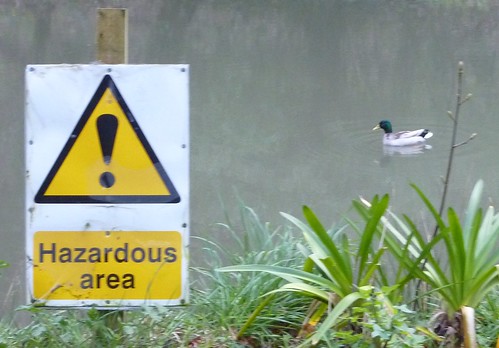“Young people can be sensible online – if they want to be”, says Ellie Gregson. Ellie offers a teen’s-eye view of staying safe online.
Technology has been created and provided to improve the way we communicate, receive information and live our lives. The internet allows us to contact each other without the previous obstacle of distance and in such speed that we are even able to imitate face-to-face conversations online. However, although many of us are reliant on the internet, our reliance can backfire. Growing up with technology, we trust it, have adapted to using it, and believe that we therefore safe. But, just because we know how to use the internet, it does not mean that we can freely use it without caution.
If you began talking to a stranger in the street, the likelihood is that you would not include a list of personal information about yourself in the conversation. We know not to always trust people we don’t know, and therefore would not provide a stranger with your likes, dislikes, age, phone number and address upon first meeting them. This trust that my generation has built between themselves and the internet means that we are not always so cautious. It’s important for people to understand that the rules that apply in real life should apply to our use of the internet as well. People only know what you reveal about yourself. If you do not wish for your information, photos or thoughts to be public, then do not share them.
Most people my age have been told this rule many times before, and the warning feels drilled into our minds. But awareness of consequences does not eliminate human nature, and children want to stretch the boundaries, explore and discover new things whenever possible. Young people will take whatever medium they have access to and use it as a way to discover and learn new things, and there will always be some form of risk in discovery. The longer we use technology for, the more we may understand it and the better we become at avoiding situations online. But immaturity can prevent us from often doing what is safest on the internet.
EXAMPLE: When a stranger adds you on Facebook and you share no mutual friends.
Response 1: You see the possible threat in the situation, know that danger can be avoided and ignore the friend request.
Response 2: You have learnt about the possible risk of the situation, but think that it would be funny to accept the request.
The stranger you just accepted as your friend will now have access to any of your personal information and photos, and has the ability to contact you if they wish. The person who chooses the latter response may be aware of the consequences, but may decide that they do not care.
My point is that young people can be sensible online – if they want to be. But a desire to stretch the boundaries and explore can prevent us from always doing what is right. This is why we need to have some form of restrictions, and should be reminded how to be safe and sensible online frequently. We may say that we ‘know it all already’, but in an increasingly technology-based world, whatever you choose to do on the internet now can affect you in the future, a common example being through job prospects. An ability to use the internet will come at an advantage, but how you used it in the past can affect how employable you are in the future.
When exploring unknown territory, mistakes will always be made. But growing up with technology means that we understand the dangers on the internet and how to deal with them, generally more so than our parents. The only difference is that children can be immature, and will not always respond to situations in the most sensible way.
Parents today are in the frightening position of not always being able to protect their children, because they cannot control exactly how they use the internet.” Children are provided from a young age with mobile phones and tablets for safety, but access to internet on these phones will allow them access to the previously mentioned risks as well. Many parents want to protect their children from the dangers that using the internet involves, but this cannot be done without knowledge. Awareness and knowledge are key when using the internet, because if you know how to use it and are aware of the consequences, then you can protect yourself. Parents need to have equal awareness of the internet as their children, and only then should they be able to enforce boundaries and rules.
About Ellie Gregson
Ellie is a Year 11 student at Thomas Tallis school in London. She is studying for her GCSEs, enjoys writing and is considering a career as a journalist.
This article first appeared in Digital Education, the free newsletter for those with a professional interest in educational ICT and Computing. One of the benefits of subscribing – apart from access to unique content – is articles in a timely manner. For example, this article was published in the February 2015 edition.To sign up, please complete the short form on our newsletter page. We use a double opt-in system, and you won’t get spammed.

